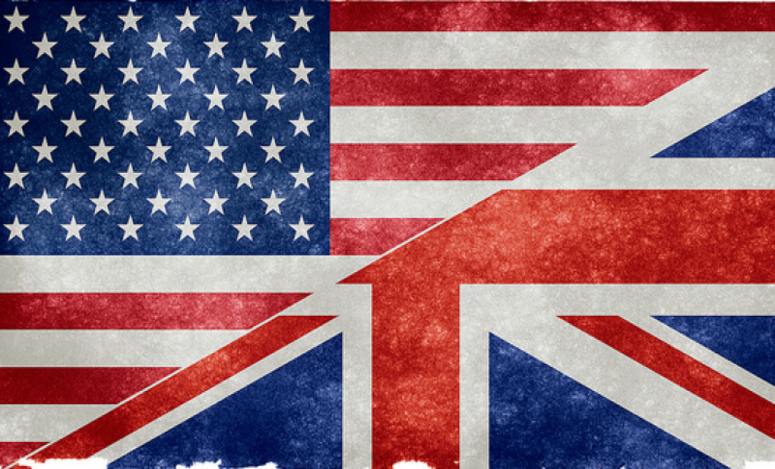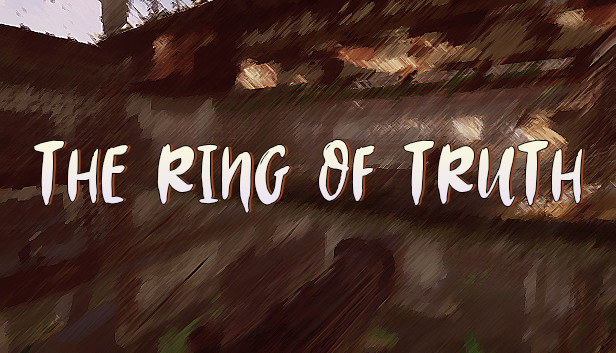The historical relationship between the United States and Britain is a tale of shared traditions, conflicts, and, undoubtedly, influence. The roots of the United States trace back to the colonization of North America by the British, and as the nation evolved, it adopted numerous aspects from its colonial parent. In this article, we explore the top 10 things the US took from Britain, delving into the cultural, political, and societal influences that have shaped the American landscape.
- Legal System:
One of the foundational aspects the US adopted from Britain is its legal system. The American judicial system, with its emphasis on common law, derives its roots from the British legal framework. The principles of stare decisis, or precedent, play a crucial role in both legal systems, ensuring consistency and stability in the interpretation and application of the law.
The legal system in the United States, with its federal and state divisions, echoes the British model, albeit with distinct American characteristics. The Supreme Court, mirroring the structure of the British House of Lords, serves as the highest court of the land and plays a pivotal role in shaping the legal landscape.
- Language and Literature:
The English language is an obvious inheritance from Britain, but beyond linguistic ties, American literature draws heavily from British literary traditions. From the works of Shakespeare to the novels of Jane Austen, British literature has played a profound role in shaping the American literary landscape.
American authors, inspired by their British counterparts, have contributed to a global literary canon. The interchange of literary ideas and styles has created a rich tapestry of storytelling that transcends borders and reflects the enduring impact of British literature on American culture.
- Political Institutions:
The United States’ political institutions, including the structure of government and parliamentary procedures, bear the unmistakable imprint of British influence. The bicameral legislature, consisting of the House of Representatives and the Senate, draws parallels with the British House of Commons and House of Lords.
The idea of representative democracy, with elected officials making decisions on behalf of the people, is deeply rooted in British political philosophy. Concepts such as the separation of powers and checks and balances, integral to the US Constitution, have their origins in British political thought, notably in the works of political theorists like John Locke and Montesquieu.
- Monarchical Symbols:
While the United States proudly declared its independence from British rule, it didn’t entirely discard all symbols associated with monarchy. The bald eagle, chosen as the national emblem, echoes the regal bird found on the British royal coat of arms. Additionally, the use of terms like “governor” for state executives and “president” for the head of state reflects a continuation of certain monarchical titles.
The architectural design of public buildings, with columns and domes reminiscent of classical European structures, pays homage to the grandeur associated with European monarchy. The intentional use of monarchical symbols underscores the nuanced relationship between the US and its former colonial power.
- Educational System:
The American education system, with its emphasis on primary and secondary education leading to higher education institutions, has roots in the British educational model. The concept of liberal arts education, where students study a broad range of subjects before specializing, is a tradition borrowed from British universities.
Harvard, the oldest university in the United States, was founded in 1636, modeled after the academic institutions of England. The structure of American universities, with colleges and departments, draws inspiration from the collegiate system of British universities like Oxford and Cambridge.
- Sporting Traditions:
Sports have long been a shared cultural arena between the US and Britain. While American sports such as baseball and American football have distinct origins, other sports like soccer (football) and basketball have roots in British games. The rules and regulations of soccer, for example, evolved from various forms of football played in British schools and universities.
Furthermore, the concept of organized sports leagues and tournaments, from Major League Baseball to the National Football League (NFL), reflects the British tradition of organized sports competitions. The global popularity of English Premier League soccer attests to the enduring influence of British sporting traditions.
- Architectural Styles:
The architectural landscape of the United States bears witness to the enduring impact of British architectural styles. From colonial-era Georgian architecture to Victorian mansions, many American buildings reflect the influence of British design principles. The use of columns, symmetry, and classical motifs in government buildings and monuments harks back to neoclassical architectural styles popularized in Britain.
In cities like Boston and Charleston, colonial architecture reminiscent of English towns has been preserved, providing a tangible link to the country’s colonial past. Even in modern architecture, echoes of British design sensibilities can be found, showcasing a harmonious blend of tradition and innovation.
- Legal Concepts:
In addition to the legal system itself, the United States has adopted several legal concepts and principles from Britain. Habeas corpus, the legal protection against unlawful detention, has its roots in English common law and is enshrined in the US Constitution. The presumption of innocence until proven guilty, a fundamental tenet of the American legal system, is a principle deeply embedded in British legal traditions.
The concept of a jury trial, where a group of citizens decides the outcome of a legal case, also originates from British legal practices. These legal concepts highlight the shared commitment to justice and the rule of law that has been passed down through generations.
- Tea Culture:
Tea, once a symbol of British influence, became an enduring part of American culture. The Boston Tea Party, a pivotal event in the lead-up to the American Revolution, highlighted the political symbolism attached to tea. Despite the historic protest against British tea taxation, tea-drinking remained a popular and integral part of American social life.
Today, tea culture in the United States encompasses a diverse range of traditions, from iced tea in the South to the popularity of specialty teas across the nation. The ritual of afternoon tea, though not as formalized as in Britain, has found a place in American society, emphasizing the enduring influence of British tea traditions.
- Common Legal Heritage:
Beyond specific legal concepts, the United States and Britain share a common legal heritage that underpins their respective legal systems. The Magna Carta, a foundational document in English legal history, has influenced the development of constitutional principles in both countries. Concepts such as due process, trial by jury, and the protection of individual rights have their roots in the centuries-old legal traditions that shaped both nations.
The common law system, where legal decisions are based on precedent and interpretation of statutes, is a shared feature that reinforces the interconnected legal histories of the United States and Britain. This legal continuity reflects a commitment to principles of justice that transcend national boundaries.
The relationship between the United States and Britain is a complex tapestry woven with historical, cultural, and legal threads. The top 10 things the US took from Britain showcase the enduring impact of this relationship on the American landscape. From the legal and political foundations to linguistic ties and cultural traditions, the influences are deep-rooted and continue to shape the shared history of these two nations. As the world evolves, the legacy of these shared elements serves as a reminder of the historical interconnectedness that has played a pivotal role in shaping the character of both the United States and Britain.






